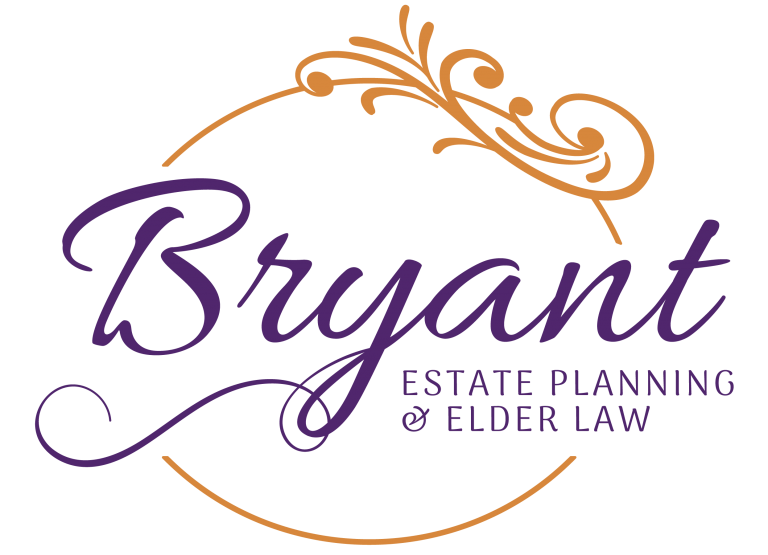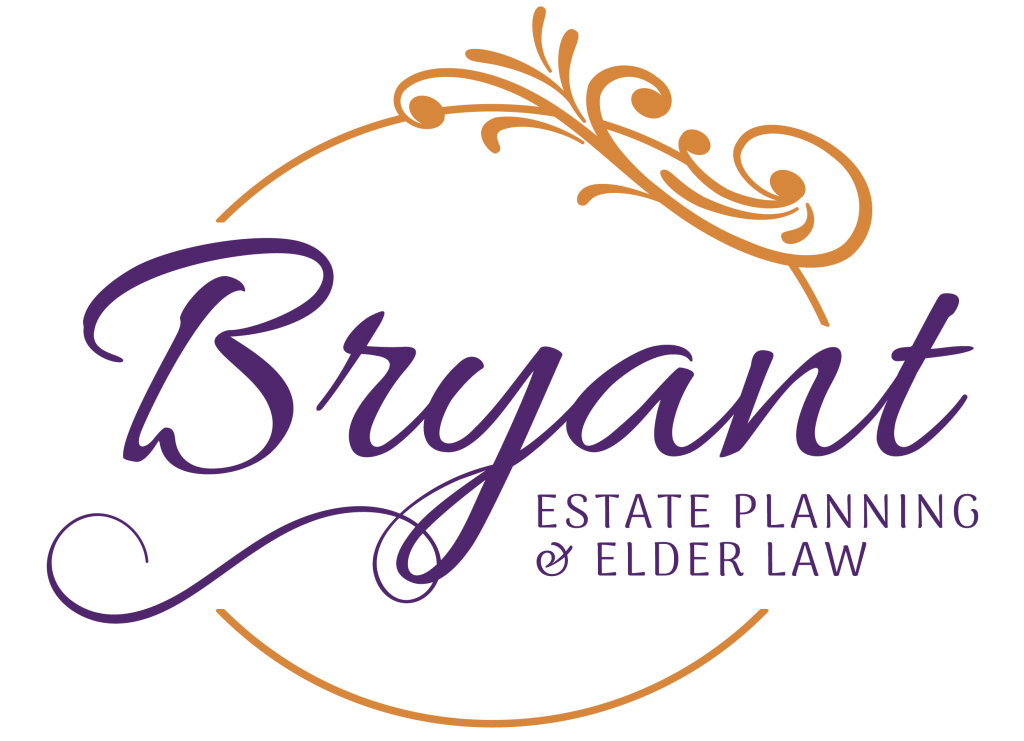A good estate plan typically includes a Health Directive where you appoint a trusted friend or family member to
not only make medical decisions for you, but to also take care of how your remains are handled at your death.
Even if you express whether or not you wish to be buried or cremated in your Health Care Directive, it is always a
good idea to prearrange and prepay your disposition. Prearrangement not only takes the financial burden off of
your family at the time of your death, but it also relieves the anxiety that your family may feel trying to plan the
type of disposition they think you would have wanted.
Keep in mind that you can prearrange your disposition without making any kind of prepayment. However, do
consider that prices increase overtime, and funeral homes may change ownership or go out of business. It is a
good idea to review your arrangements every few years and to ensure that you have a good understanding of what
the current costs are and have current contact information for the business that will handle your arrangements.
If you can afford to do so, prepayment can be an excellent option since it alleviates the burden of the cost at your
death.
There are many options for prearrangement, and you should discuss them with a qualified professional in
the industry. Options include:
- Funeral Insurance: You can purchase an insurance policy through a funeral establishment. The business is the
beneficiary of the policy. A representative calculates the expected cost of your arrangements and you
purchase a corresponding policy to cover the costs. Often this allows you to lock-in current market rates for
the cost of your arrangements, however, this is not always the case. - Saving: You can choose to set aside a portion of your savings to pay for expenses at your death. Keep in mind
that your family will need near-immediate access to these funds. As a result, it is typically best to put them in
a Pay on Death Account with your executor as the beneficiary. The executor will be able to access the funds
once they obtain a copy of your death certificate. Alternatively, if you have a living trust, it is best to set this
money aside in a living trust account since your trustee will either have access to the account prior to your
death, or will only need a death certificate. - Life Insurance: If you do not have a lot of liquidity in your assets, life insurance can provide the much-needed
funds to pay for the cost of your disposition. Keep in mind, however, that it can take a lot of time for
insurance companies to process claims. At the very least, your family will need a copy of your death certificate
to initiate the process. - Preneed Trust Contracts: You create a contract with a funeral establishment that sets a price for the services
that your want. You then prepay for those services by placing money directly into a trust fund that is held for
you until your family needs the services. You must really understand the contract and what services you are
paying for—there are some services that are usually not included and must be paid at the time of need (e.g.,
opening and closing the grave).
Keep in mind that even if you make prearrangements, it is important that you also appoint an agent through your
health directive to ensure that your wishes are carried out. If you have questions about appointing an agent to
manage the disposition of your remains, please contact the Law Offices of Lisa Bryant, INC. at (408) 286-2122.
If you would like more information about Funeral and Cemetery Purchases, a good place to start is the
Cemetery and Funeral Bureau under the CA Department of Consumer Affairs—www.cfb.ca.gov.
All materials have been prepared for general information purposes only to permit you to learn more about our firm, our services and the experience of our attorneys. The information presented is not legal advice, is not to be acted on as such, and may be subject to change without notice.




